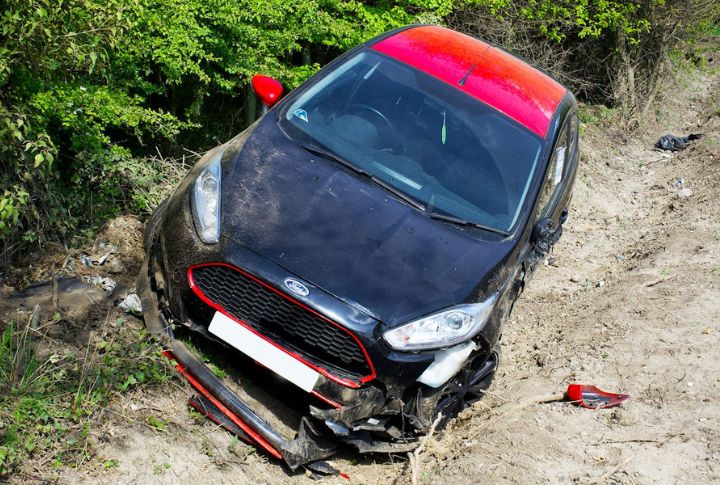
Car insurance feels simple until you’re hit with fine print and way too many choices. As a result, first-timers usually get stuck overpaying or picking coverage that doesn’t actually cover much. No one wants to learn the hard way, especially when the stakes are expensive. Here are the tips that’ll help you avoid the usual rookie mistakes.
Compare Quotes Before You Commit

Before settling on a policy, take time to compare quotes from different providers since prices for the same coverage can swing. Online tools make it easier to spot hidden fees and fine-print traps. Also, try browsing in incognito mode or switching the day you apply; small changes like these can shift the price you’re shown.
Don’t Skip Liability Coverage

Liability insurance is required in most states because it helps pay for injuries or property damage you’re responsible for. Still, many people choose the bare minimum without realizing how fast costs add up. Something as simple as a bumper repair can cost hundreds, so carrying enough liability coverage is a smarter call than cutting corners.
Understand The Difference Between Collision And Comprehensive

Lots of first-time buyers think collision and comprehensive coverage are the same—big mistake. Collision helps with damage from car accidents, but comprehensive coverage covers non-crash events like fire, theft, or even falling trees. Wildlife collisions? Those fall under comprehensive, not collision. Knowing the difference could save a lot of stress.
Mind Your Deductible

A deductible is the out-of-pocket amount you cover before your insurer starts paying. Picking a higher deductible usually means lower monthly premiums, but it also means a bigger cost when you file a claim. Some insurers reward safe driving by lowering your deductible over time, and many let you make changes without waiting for renewal.
Credit Score Can Affect Your Premium

Many insurance companies review credit history when calculating premiums. Strong credit usually leads to lower rates over time. However, this practice is banned in California, Hawaii, and Massachusetts. In most other states, credit is viewed as a tool to predict risk and influence what you’re charged for coverage.
Ask About First-Time Buyer Discounts

There’s a good chance you’re missing out on savings just because you didn’t ask. Certain insurers cut rates for new buyers, especially younger ones or students. Bundling renters and auto? That could help too. And if your car has anti-theft features, mention it; many discounts stay hidden unless you speak up.
Know What “Full Coverage” Actually Includes

Don’t assume “full coverage” means total protection. The term isn’t standardized, so what one provider includes may differ from another. Generally, it usually combines liability and comprehensive coverage, but extras like rental reimbursement or roadside assistance are typically left out. In some cases, even windshield repairs aren’t covered unless you specifically ask for them.
Watch Out For Coverage Gaps

Avoid letting your car insurance policy lapse for any reason. A coverage break can increase future premiums, hurt your driving record, and complicate switching providers. Several states also issue penalties during uninsured periods. Maintain continuous coverage to protect your history and keep better options available.
Don’t Overinsure An Older Car

Full coverage isn’t always worth it for older cars. If repair costs nearly match the vehicle’s value, insurers might just total it. Kelley Blue Book, a site that estimates car value, can help you decide whether the added coverage still holds value. Switching to liability-only coverage may reduce your premium without cutting essential protection.
Check The Insurer’s Claim Process Before Buying

Claims service quality varies widely by provider. Some provide fast resolutions through apps with photo upload and status tracking, while others may involve delays and headaches. Also, public reviews and customer forums are good indicators of real experiences. A smooth claims process can significantly impact how quickly your car gets back on the road.
